Some studies say that approximately 1/3 of retirees end up returning to work. However, there are a few things you’ll need to know about returning to work after retirement in order to avoid unnecessary costs and fees.
Why do people return to work after retirement?
If you’re considering returning to work after retirement, you’re not alone. Many retirees find that they are ready to jump back into the workforce at some level, even if it’s just a few hours per week.
Here are some of the most popular reasons why retirees return to work:
- More structure in your schedule
- Opportunity to learn new skills or stay up-to-date on current skills
- Additional income
- Friendships or social interaction
- Physical activity
What do you need to know about returning to work after retirement?
There are plenty of great reasons why you might decide to return to work after retirement, whether it’s for five or forty hours per week.
However, there are a few possible issues that could arise when you return to work. Understanding these possible problems can help you avoid any trouble or income loss and make the most out of your post-retirement career.
1. Returning to work could impact your Social Security checks
Collecting Social Security before full retirement age could reduce your benefits. Still, many people decide to take Social Security as soon as possible (age 62). If you start taking these benefits early and are working, there’s a limit ($19,560 for 2022) to how much you can earn by working without affecting your benefits. But if you earn more than the limit, your benefits will reduce by $1 for every $2 over that maximum earning limit.
When you reach your full retirement age (67 if you were born in 1960 or later), you’ll receive that money back as a higher monthly check. At this point, the money you earn from your job will no longer affect your Social Security benefits.
Read more about Social Security here.
2. You could incur additional Medicare costs
There are a few ways that returning to work after retirement can affect Medicare costs.
First of all, if you plan to enroll in Medicare, you need to sign up at age 65. If not, you’ll receive late-enrollment penalties whenever you do enroll. If you’re working and are still on your employer’s health insurance plan, be sure to take this into account.
Additionally, your income could cause you to incur extra charges if you are enrolled in Medicare. These charges are for those who earn above $85,000 as an individual or $170,000 as a married couple filing jointly.
You may decide that this is worth it, but you’ll want to at least be informed of the charges that could result.
3. Possible pension suspension
Pension plans vary from employer to employer. When considering how employment after retirement might affect this, be sure to check with your employer.
Oftentimes, returning to work for your former employer after retirement can suspend your pension. However, being rehired part-time may allow you to still receive your pension benefits.
Working for a different employer after retirement will usually not affect your pension from your previous employer.
Ask your employer about their pension plans to find out how working will affect your plan.
Not sure whether you should return to work? We can help.
There are a lot of factors that go into the financial details of returning to work after retirement. It can be a bit overwhelming to get it all straight!
At Milestone Wealth Management, we help our customers make the best financial decisions for them, both before and after retirement.
We’ll sit down with you and go over the options for your retirement years. We’ve done this before!
Schedule a meeting with us today, and let’s make a plan that will help you feel confident about your retirement years—working or not!
This material is not intended to replace the advice of a qualified tax advisor, attorney, or accountant. Consultation with the appropriate professional should be done before any financial commitments regarding the issues related to the situations above are made.

